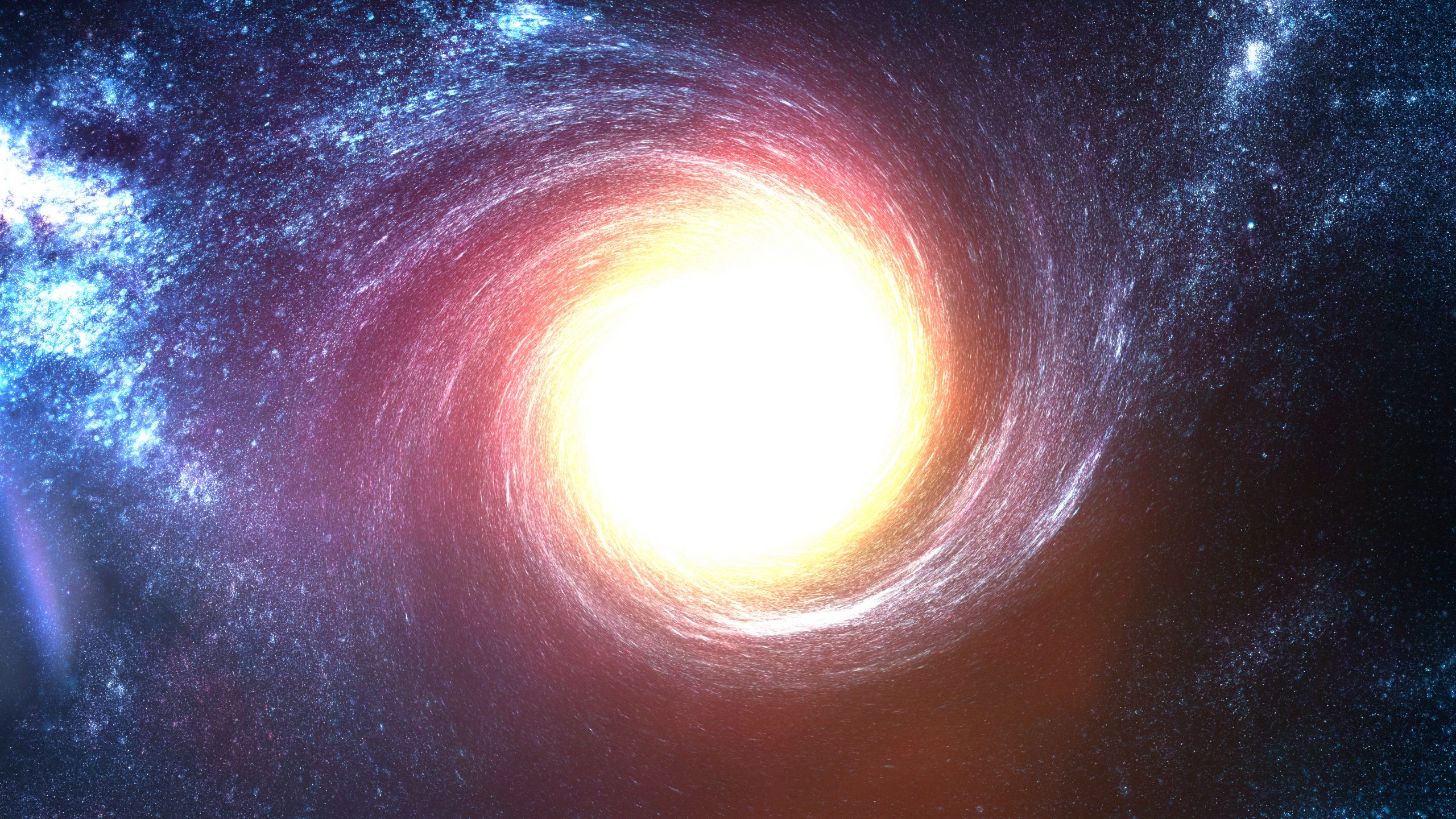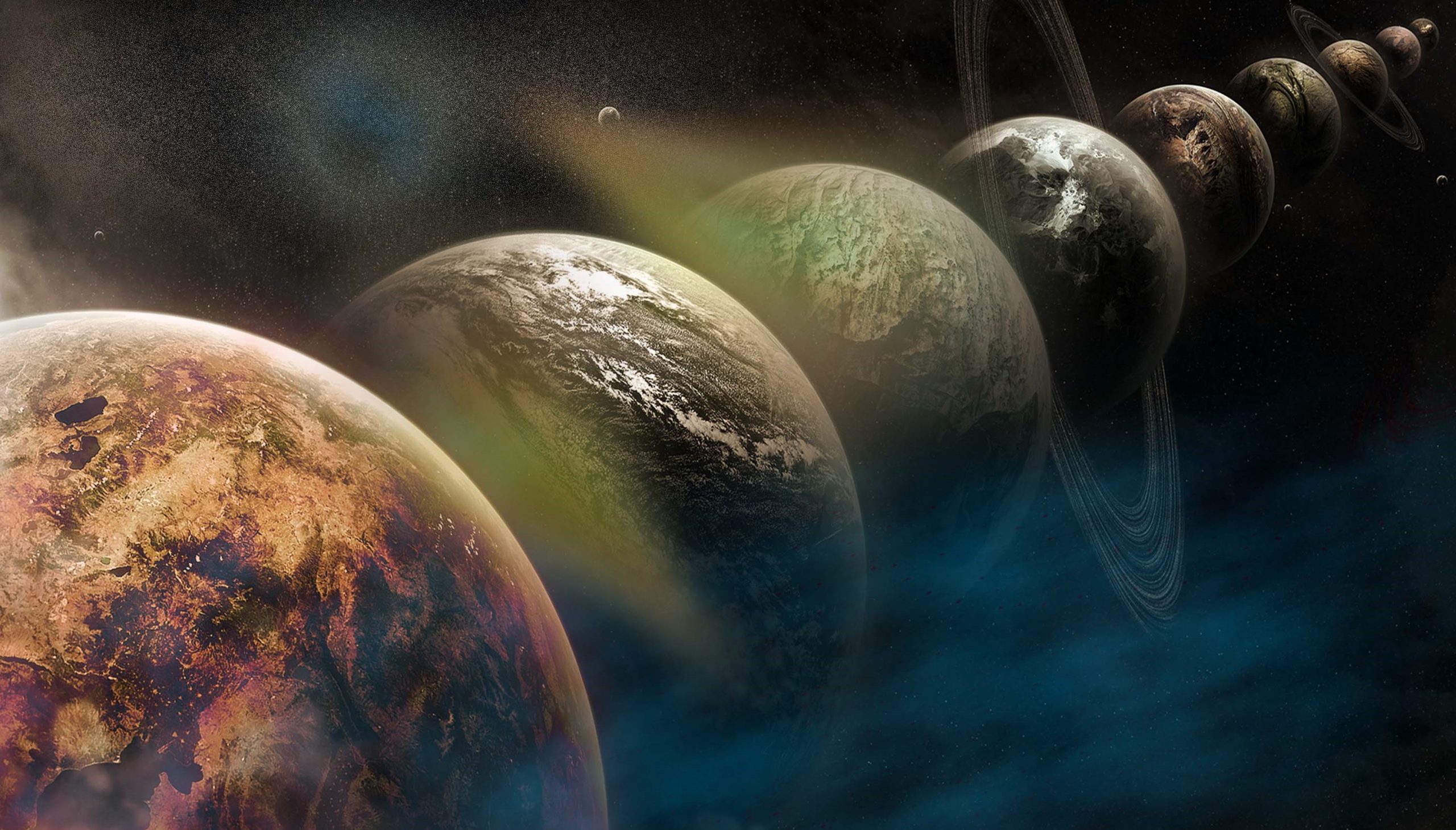Black holes are some of the strangest objects in the universe. While most people know they have immense gravity and can trap light, their true nature is far more bizarre. Scientists continue to uncover mind-bending facts about these cosmic monsters, challenging our understanding of space and time. Here are 10 reasons why black holes are even weirder than you think.
1. Time Slows Down Near a Black Hole
If you could watch someone fall into a black hole, you’d never actually see them cross the event horizon. Due to the effects of extreme gravity, time appears to slow down from an outside perspective. The person falling in would seem to move in slow motion, getting dimmer and redder until they vanish.
2. Black Holes Evaporate Over Time
They may seem eternal, but black holes don’t last forever. According to physicist Stephen Hawking, they slowly lose energy through a process called Hawking radiation. Over billions or even trillions of years, they will shrink and eventually disappear in a final burst of energy.
3. Some Black Holes Are Invisible
While most black holes are detected by their interaction with nearby stars, some are completely invisible. These “rogue” black holes drift through space undetected, waiting to be discovered. Without a nearby light source or a disk of heated material, they remain nearly impossible to spot.
4. The Largest Ones Can Swallow Billions of Suns
Supermassive black holes sit at the heart of most galaxies, and some are truly colossal. The black hole in the center of the galaxy M87, for example, is over six billion times the mass of the Sun. These giants shape entire galaxies, controlling the flow of gas and star formation across vast distances.
5. They Can Merge and Send Shockwaves Through Space
When two black holes collide, they create ripples in space-time known as gravitational waves. These waves travel across the universe and can be detected by sensitive instruments on Earth. Each detection confirms Einstein’s theory of relativity and provides a glimpse into some of the most powerful events in existence.

6. Some May Be Wormholes
A few theories suggest that certain black holes might actually be tunnels through space-time. If true, falling into one could lead to another part of the universe or even a different dimension. However, without concrete evidence, this remains pure speculation.
7. They Can Trap Light But Also Shine Brightly
Even though light cannot escape from within a black hole, the material spiraling into it can produce some of the brightest emissions in the universe. When matter falls toward a black hole, it heats up to millions of degrees, creating powerful X-ray bursts and high-energy jets that shoot across space.
8. Some Are Born in Violent Explosions
Stellar-mass black holes form when massive stars collapse under their own weight in a supernova explosion. The outer layers of the star are blasted into space, while the core shrinks into a dense object with gravity so strong that not even light can escape.
9. The Laws of Physics Break Down Inside
What happens inside a black hole is one of the biggest mysteries in science. The core, known as the singularity, is a point where matter is crushed to infinite density. Current physics cannot explain what goes on in this region, making black holes the ultimate cosmic paradox.
10. The Universe Could Be Full of Mini Black Holes
Some scientists believe that tiny black holes formed in the early universe and may still exist today. Unlike their massive counterparts, these mini black holes could be as small as an atom but with the mass of a mountain. If proven, they could help us understand dark matter and the true nature of space itself.
Black holes continue to challenge our understanding of reality. As telescopes and technology improve, scientists are uncovering more secrets about these cosmic enigmas. One thing is certain—black holes are far stranger than we ever imagined!











